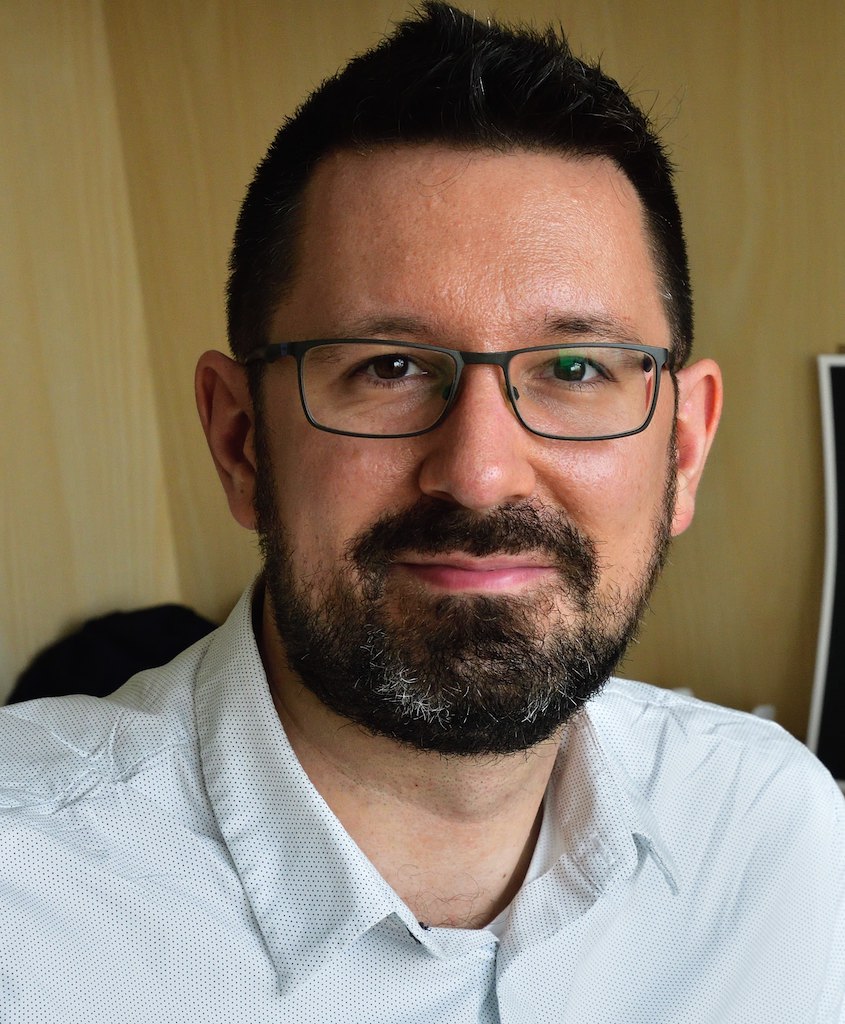1st Workshop on 3D-VAST
From street to space: 3D Vision AcrosS alTitudes
ICCV 2025 Workshop
Introduction
As large-scale 3D scene modeling becomes increasingly important for applications such as urban planning, robotics, autonomous navigation, and virtual simulations, the need for diverse, high-quality visual data is greater than ever. However, acquiring dense and high-resolution ground-level imagery at scale is often impractical due to access limitations, cost, and environmental variability. In contrast, aerial and satellite imagery provide broader spatial coverage but lack the fine-grained details needed for many downstream applications. Combining images from multiple altitudes — from ground cameras to aerial drones and satellites—offers a promising solution to overcome these limitations, enabling richer, more complete 3D reconstructions.
How can we achieve coherent and accurate 3D scene modeling when our visual world is captured from vastly different altitudes—ground, aerial, and satellite—under varying conditions? Each altitude offers distinct advantages, but cross-altitude data fusion introduces significant challenges: sparse and incomplete views, visual ambiguities, spatio-temporal inconsistencies, image quality variations, dynamic scene changes, and environmental factors that alter topology over time. Traditional 3D reconstruction methods, optimized for dense and structured inputs, struggle with such heterogeneous multi-altitude data. Advances in multi-scale feature alignment, neural scene representations, and robust cross-view fusion offer promising solutions, but key challenges remain.
Call For Papers
Call for papers: We invite non-archival papers of up to 8 pages (in ICCV format) for work on tasks related to cross-altitude 3D scene modeling, understanding, rendering, and synthesis. Paper topics may include, but are not limited to:
- Cross-altitude feature matching and registration
- View synthesis from sparse and heterogeneous data sources
- Sparse-view 3D reconstruction (with known or unknown camera poses)
- Generative approaches for view completion and prediction
- Datasets and benchmarks for evaluating cross-altitude vision systems
- Real-world applications in urban planning, simulation, and digital twins
While the workshop focuses on 3D vision across different altitudes, the paper topic could center on a specific data source, such as outdoor ground-level, aerial-level, or indoor environments.
Submission: We encourage submissions of up to 8 pages, excluding references and acknowledgements. The submission should be in the ICCV format. Reviewing will be double-blind. Please submit your paper to the following address by the deadline: Submission Portal
Poster Presentation
Important Dates
| First Round | |
| Paper submission deadline | June 5th, 2025 |
| Notifications to accepted papers | June 24th, 2025 |
| Paper camera ready | August 1st, 2025 @ 11:59 Pacific Time. |
| Second Round | |
| Paper submission deadline | July 5th, 2025 |
| Notifications to accepted papers | July 10th, 2025 |
| Paper camera ready | August 1st, 2025 @ 11:59 Pacific Time. |
| Workshop date | Oct 20th, 2025 |
Schedule
| Workshop Kickoff and Opening Comments | 8:30am - 8:35am |
| Angela Dai Title: Structured Priors for Generating 3D. |
8:35am - 9:05am |
| Noah Snavely Title: Abstract Plan Views and Photos |
9:05am - 9:35sm |
| Jingyi Yu Title: Scene Generation Across Scales |
9:35am - 10:05am |
| Coffee Break and Poster Session | 10:05am - 11:00am |
| Torsten Sattler Title: A Personal and Biased Guide to Choosing Scene Representations for Visual Localization |
11:00am - 11:30am |
| Nathan Jacobs Title: (Almost) Two Decades of Vision Across Altitudes |
11:30am - 12:00am |
Invited Speakers
Torsten Sattler is a Senior Researcher at CTU, where he heads the Spatial Intelligence group. His work is in the intersection of 3D computer vision and machine learning, with the goal of making 3D computer vision algorithms such as 3D reconstruction and visual localization more robust and reliable through scene understanding. Torsten has (co-)organized tutorials and workshops on visual localization at the main computer vision conference, was a program chair for DAGM GCPR’20, a general chair for 3DV’22, and a program chair for ICCV’24.
Angela Dai is an Associate Professor at Technical University of Munich, where she leads the 3D AI group. Her research focuses on understanding how the 3D world can be modeled. Her research has been recognized through an ERC Starting Grant, Eurographics Young Researcher Award, Google Research Scholar Award, ZDB Junior Research Group Award, an ACM SIGGRAPH Outstanding Doctoral Dissertation Honorable Mention, as well as a Stanford Graduate Fellowship.
Title: Structured Priors for Generating 3D.
Noah Snavely is a Professor of Computer Science at Cornell Tech interested. He also works at Google DeepMind in NYC. His research interests are in computer vision and graphics, in particular in 3D understanding and depiction of scenes from images. Noah is the recipient of a PECASE, a Microsoft New Faculty Fellowship, an Alfred P. Sloan Fellowship, and a SIGGRAPH Significant New Researcher Award, and is a Fellow of the ACM and the IEEE.
Nathan Jacobs is a Professor at Washington University in St. Louis. His current focus is developing techniques for mining information about the natural world from geotagged imagery, including images from social networks, publicly available outdoor webcams, and satellites. His research has been funded by NSF, NIH, DARPA, IARPA, NGA, ARL, AFRL, and Google.
Jingyi Yu is a Chair Professor and the Vice Provost of ShanghaiTech University. He also serves as the Dean of the School of Information Science and Technology at ShanghaiTech University. His research interests span a range of topics in computer vision and computer graphics, especially on computational photography and non-conventional optics and camera designs. He is a recipient of the NSF CAREER Award, the AFOSR YIP Award, and the Outstanding Junior Faculty Award at the University of Delaware.
Title: Mid-level Vision.
Organizers
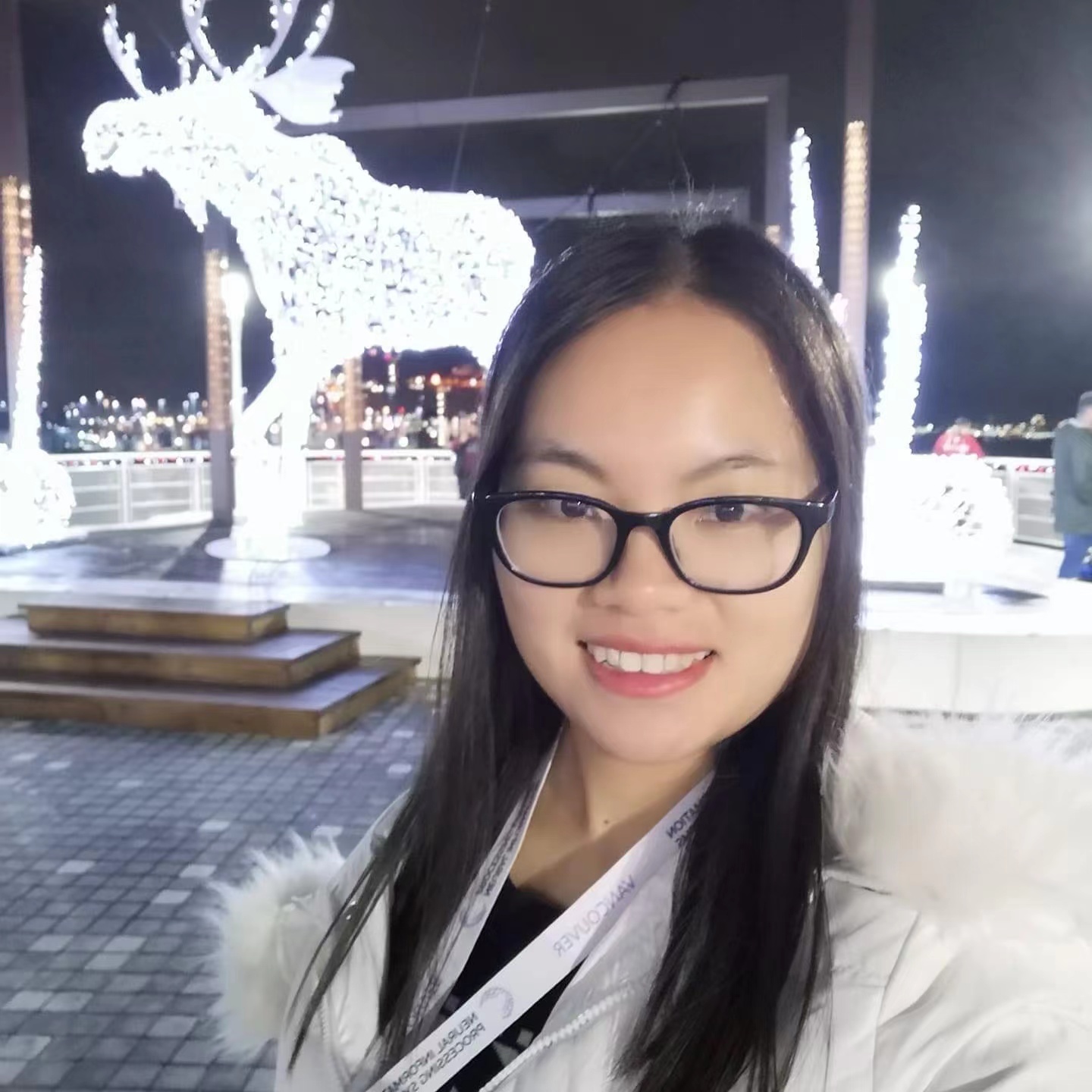
Assistant Professor, ShanghaiTech University
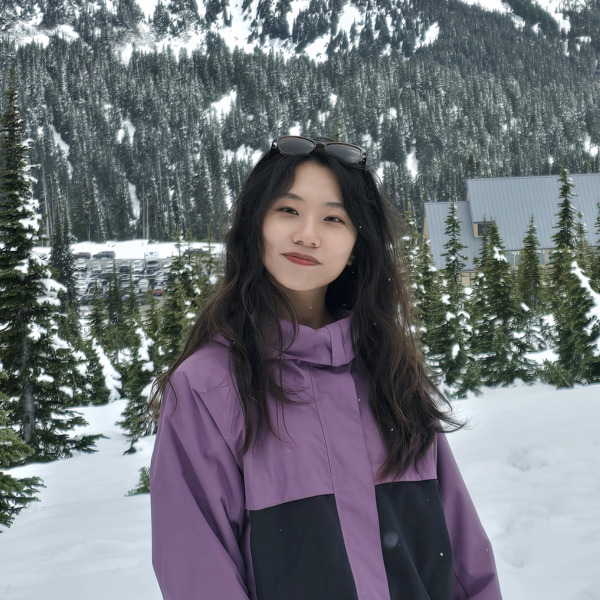
Postdoctoral Researcher, Cornell University
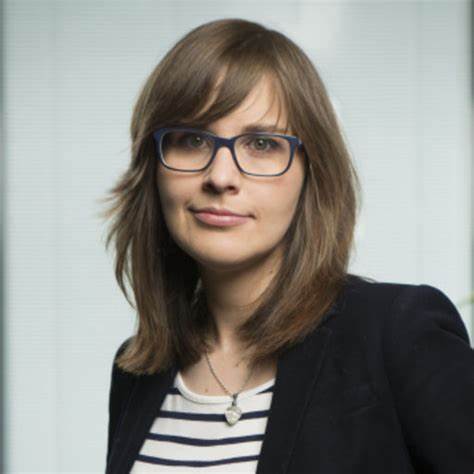
Assistant Professor, Czech Technical University
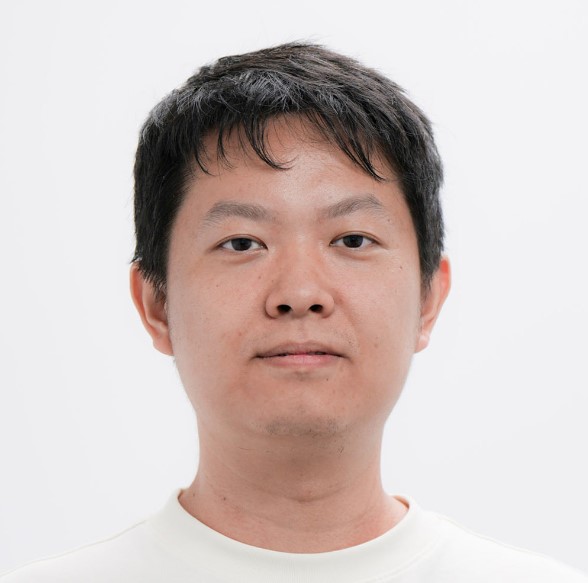
Assistant Professor, The University of Hong Kong
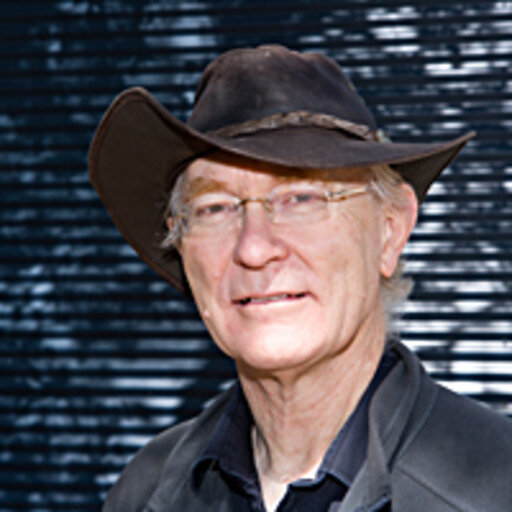
Distinguished Professor Emeritus, ANU

Professor, Australian National University
Contact
To contact the organizers please use shiyj2@shanghaitech.edu.cn,com
Acknowledgments
Thanks to visualdialog.org for the webpage format.
